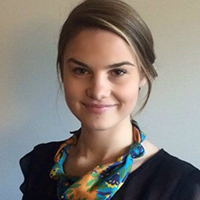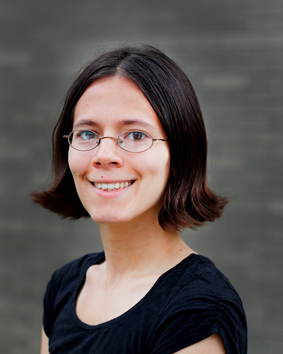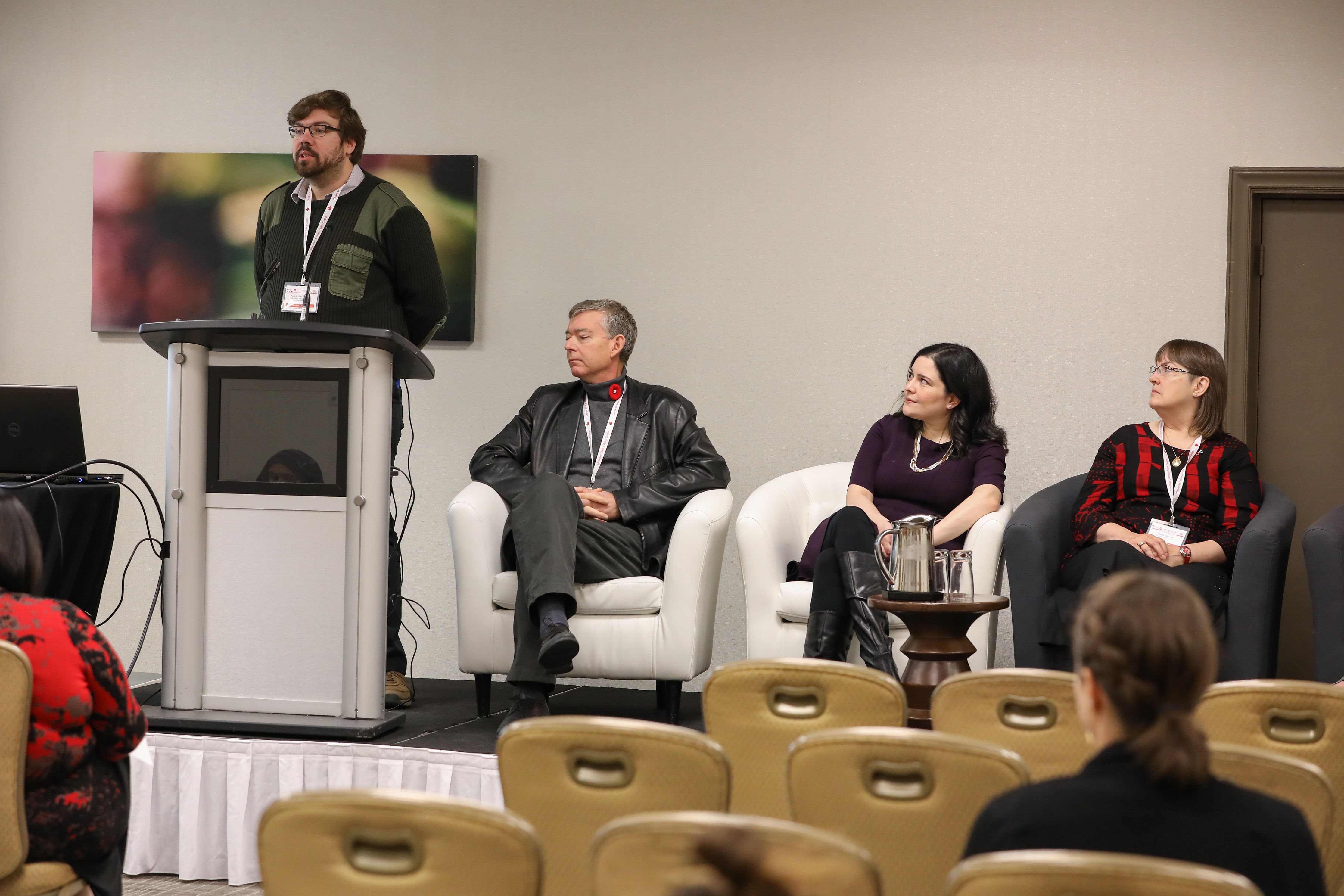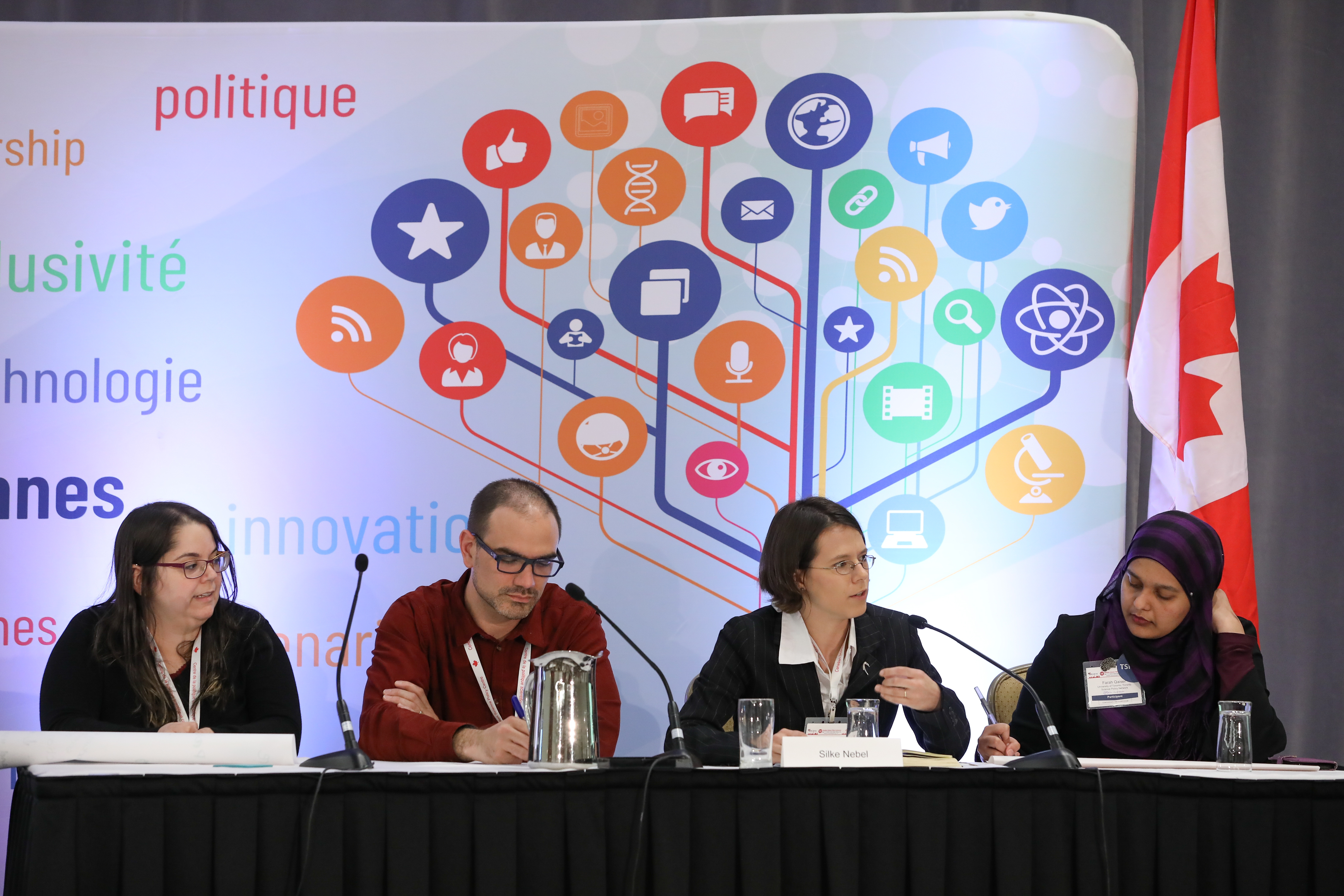
 By Dr. Erika Siren, Kizhakkedathu Lab and Kate Sedivy-Haley, Hancock Lab
By Dr. Erika Siren, Kizhakkedathu Lab and Kate Sedivy-Haley, Hancock Lab
Academics are often billed as top-notch problem solvers; however, the task of translating their work into policy is a challenge that can leave even the best researchers stumped. What can scientists do to influence policy that supports strong Canadian science and innovation? How does an academic get scientific evidence into the hands of decision makers? These questions and more were discussed at the 10th Canadian Science Policy Conference (CSPC), held this November 7th-9th in Ottawa. Each year, the event brings together experts from academia, policy, and industry to share ideas along five themes: Science and Policy; Science and Society; Science, Innovation, and Economic Development; Science and International Affairs; and Science and the Next Generation. The 2018 conference’s 780 attendees and 267 speakers included four Centre for Blood Research members: three trainees and Dr. Dana Devine, UBC professor and Chief Scientist at Canadian Blood Services.

Dr. Dana Devine, far right, looks on after her talk in the Short Talks series. Other pictured speakers from the series, left to right: Tim Lougheed, Lisa Varano, and Dr. Alexandre Schiele (speaking).
Dr. Devine presented in the conference’s Short Talks series, where she told the story of how contaminated blood led to building bridges between research and health policy. After thousands of Canadians were infected with HIV and hepatitis C through tainted transfusions, a formal federal inquiry was launched and Canadian Blood Services was established to address the gaps in our national blood policy. Canadian Blood Services developed a hub-and-spoke research network with a focus on collaboration and partnership, to develop expertise in blood transfusion, facilitate foundational transfusion research, and develop a Blood for Research lab and donor centre in Vancouver. At this centre, some donors who are excluded from medical blood donation can still contribute to blood research. Canadian Blood Services is also involved in knowledge mobilization and education, including developing best practices for transfusion and sharing successful practices in other countries.
As an expert actively involved in both academia and government, Dr. Devine noted that far too few scientists engage in policy discussions outside of “coffee room” chat. Research funding is heavily impacted by policy, and involving scientists in decision-making is integral for ensuring that funding decisions are informed and relevant. Recognizing this knowledge gap, funding agencies have put forward several initiatives to get more young scientists interested in policy. CIHR is in its third year of funding the Health Systems Impact Fellowship: a two year program in which a PhD or PDF leads a collaboration between academia and government that addresses critical challenges in Canadian healthcare. Likewise, Mitacs launched their Canadian Science Policy Fellowship in 2016 that sponsors a one-year opportunity for PhDs or PDFs to work on science policy issues within a government institution. For early career investigators, the CSPC is currently piloting Science meets Parliament, an intensive one-day symposium immediately preceding the annual Canadian Science Policy conference. In this initiative, academics meet with key members of parliament including the Minister of Science and the Chief Science Advisor of Canada to establish an open and ongoing channel between the two communities. For academics looking to influence policy outside these initiatives, Nature recently published a useful perspective piece that highlights the do’s and don’ts of impacting science policy.
The CSPC provides a unique opportunity for trainees to learn about science from a societal perspective. Regardless of whether you see yourself in a science policy career or not, experiences such as these are an effective way to re-invigorate and re-evaluate your research. The 11th CSPC will be held November 13th-15th, 2019. Organizers will be accepting panel proposals until April 15th for those wishing to fully immerse themselves in the CSPC experience.
Missed the 2018 conference? Check out the interviews published on the Canadian Science Policy Centre’s YouTube channel. The conference proceedings are also freely available on the CSPC 2018 website; trainees interested in science policy careers may be especially interested particularly in the sessions “Science Policy 101” and “Skills and competencies where science and policy meet.”

CBR trainee Kate Sedivy-Haley shares her workshop group’s position on pollution in a “Science Policy 101” exercise. Also participating, UBC PhD Candidate Alyssa Kirlin, far left.


